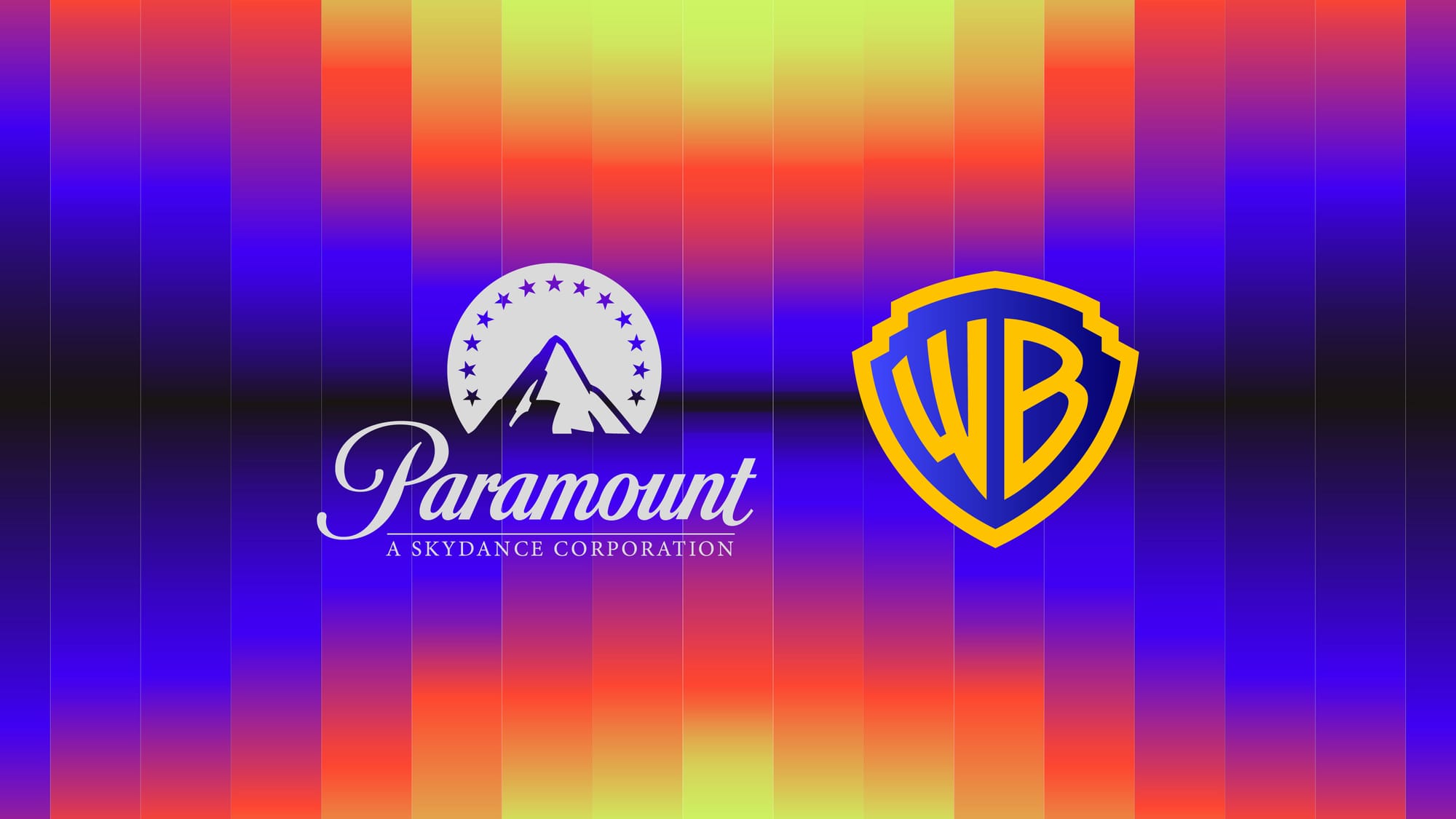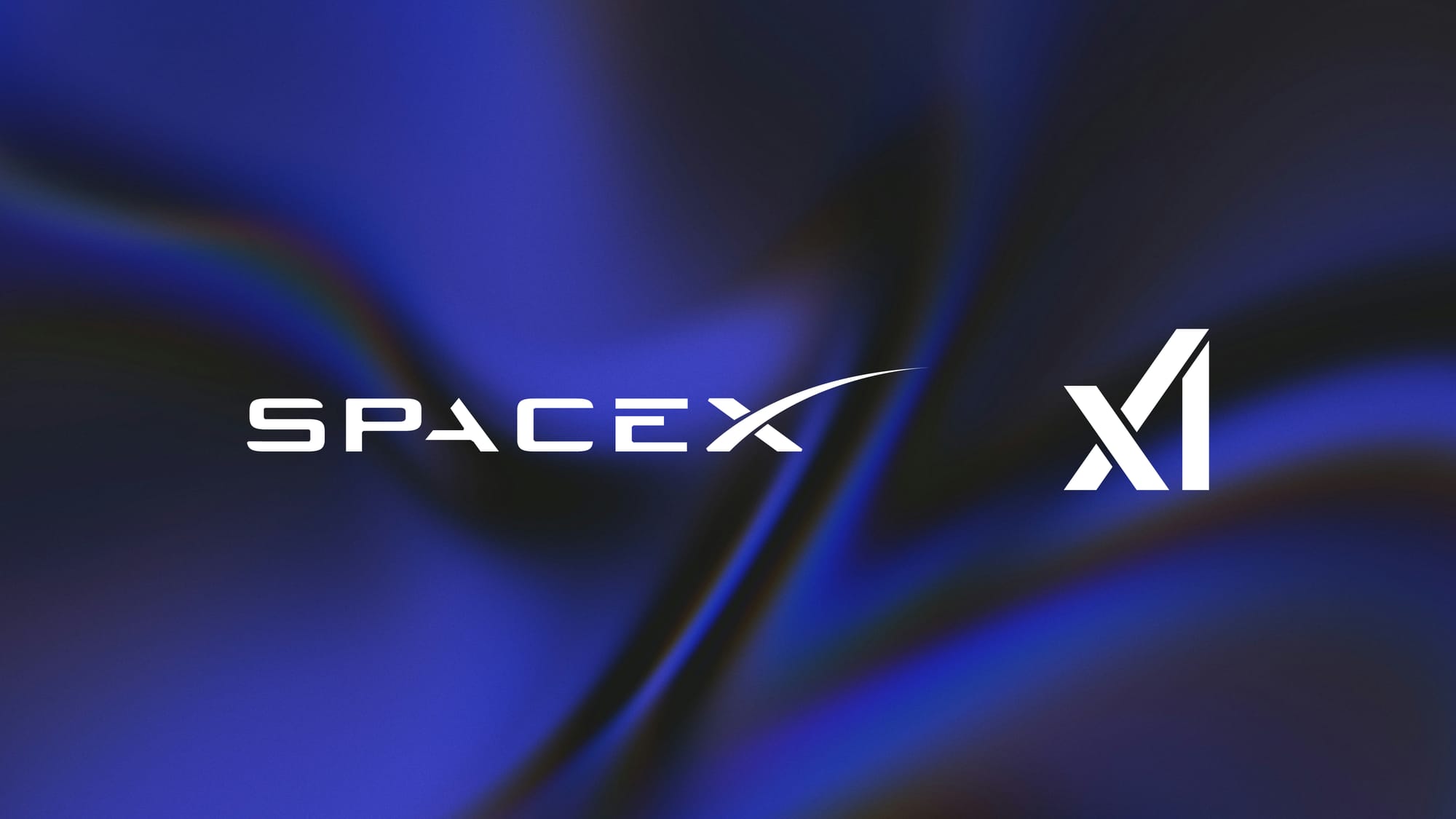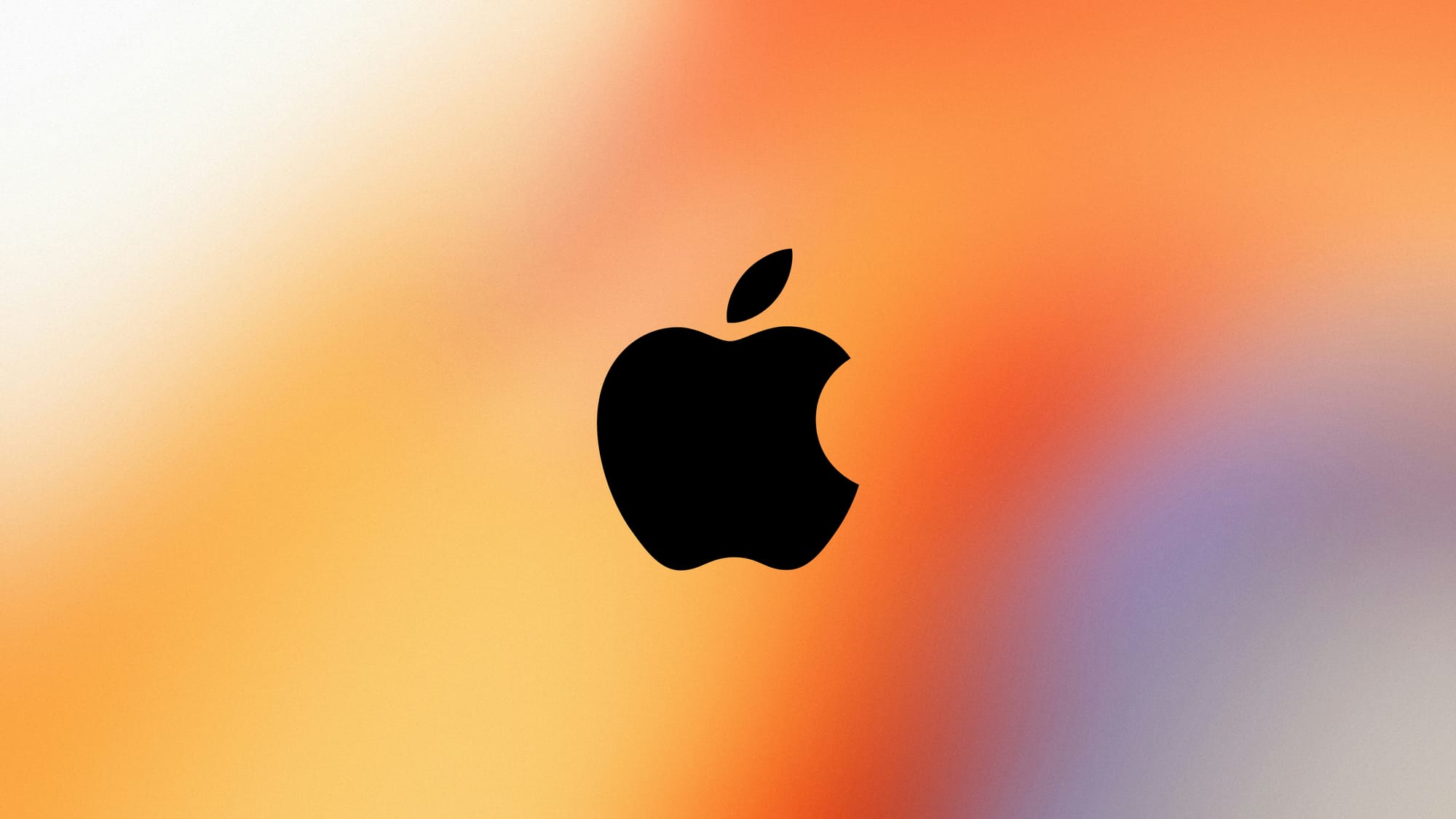The entertainment industry witnessed seismic shockwaves on September 11, 2025, as reports surfaced that Paramount Skydance is preparing a blockbuster all-cash bid for Warner Bros. Discovery, potentially creating a media empire that would dwarf competitors and fundamentally alter Hollywood's landscape.
The Power Play Behind the Bid
Just months after completing its merger with Paramount, David Ellison's Skydance Media has set its sights on an even grander prize. Backed by the formidable financial resources of his father, Oracle co-founder Larry Ellison—who briefly regained the title of world's richest person this week—the proposed acquisition would encompass Warner Bros. Discovery's entire portfolio, including HBO, CNN, and the legendary Warner Bros. film studio.
"The only surprise is the timing. It's evident that the media sector requires consolidation," noted Jessica Reif Ehrlich, senior analyst at Bank of America Securities, highlighting an industry truth that's been brewing for years. The ambitious 42-year-old CEO has made no secret of his intention to pursue bold acquisitions, signaling this move as part of a broader strategy to rebuild Paramount to its former glory.
Market response was immediate and dramatic—Warner Bros. Discovery stock surged nearly 30% following the announcement, reaching a three-year high and nearly returning to its 2022 merger levels. Paramount's shares also climbed 15%, reflecting investor optimism about the potential for industry consolidation.
Strategic Implications and Industry Disruption
This potential merger represents more than just corporate maneuvering—it's a direct response to the streaming wars that have reshaped entertainment consumption. The combined entity would unite HBO Max and Paramount+ under one roof while controlling an unprecedented collection of content libraries spanning decades of Hollywood history.
"This transaction is akin to a sequel in Hollywood that was not anticipated but had been on the horizon," observed Jeremy Goldman, an eMarketer analyst, capturing the industry's simultaneous surprise and inevitability at the news. The deal would create a formidable competitor capable of challenging tech giants like Apple and Amazon, who have leveraged their vast resources to disrupt traditional media.
Notably, the bid comes at a time when Warner Bros. Discovery had planned to split into two separate entities by April 2026—one focused on streaming and studios (Warner Bros.), and another on global TV networks including CNN and Discovery channels. Ellison's proposal would prevent this division, maintaining the company's current integrated structure.
The Road Ahead and Market Realities
While no formal offer has been submitted, industry experts anticipate this could trigger a broader bidding war. Potential competitors mentioned include Comcast, Amazon, and Netflix, with Wells Fargo analysts specifically highlighting Netflix as "a particularly compelling purchaser" for WBD's streaming and production assets.
The financial challenge is substantial—Warner Bros. Discovery carries a $41 billion valuation with $35 billion in debt, remnants from its 2022 formation. However, the Ellison family's demonstrated willingness to leverage their personal wealth, combined with Larry Ellison's political connections, positions them uniquely for success.
For shareholders and industry observers, this represents a pivotal moment. As Goldman noted, "For shareholders of WBD, an exit with cash is much more attractive than waiting for CEO David Zaslav's restructuring to yield results". The proposed consolidation reflects broader industry pressures as traditional media companies seek scale and efficiency in an increasingly competitive landscape dominated by tech-backed streaming platforms.
This developing story promises to reshape Hollywood's power structure, potentially creating a media juggernaut capable of competing on equal footing with the industry's new digital overlords.














Discussion